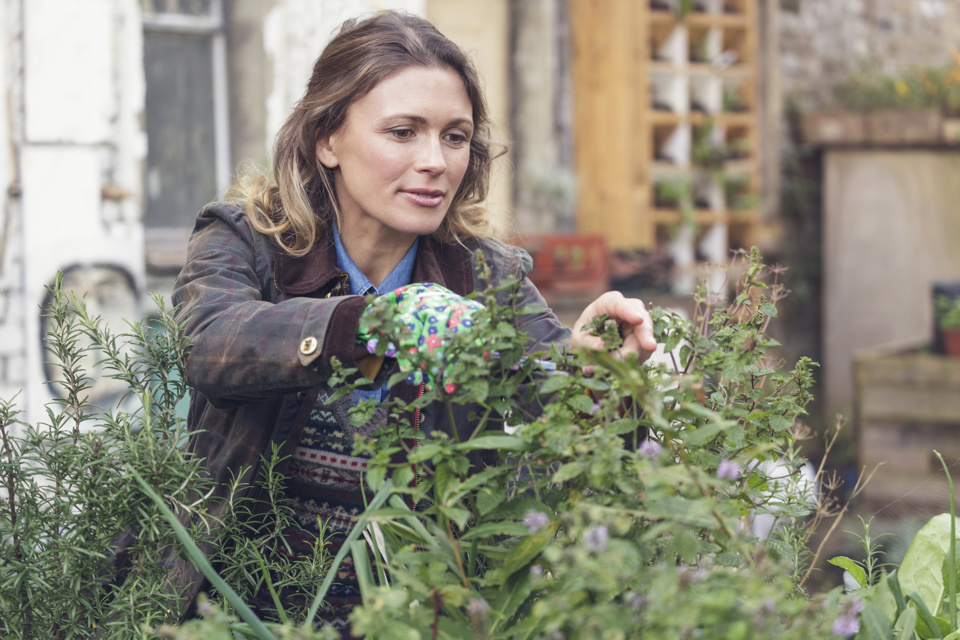Gardening is nature’s gym, as 81% of adults agree gardens benefit their physical health

21 January 2025
When setting resolutions and intentions for the year ahead, many look to improve their physical health by signing up for a gym or an exercise class, but the Horticultural Trades Association (HTA) says gardening could be one of nature’s best workouts.
The HTA found that 81% of British adults agree gardens and green spaces benefit their physical health, and 85% of adults agree gardens benefit their state of mind, emphasising how green spaces and gardens can provide robust natural healthcare solutions. (YouGov Survey for HTA, 2024)
The HTA’s Value of Plants report revealed that gardening, planting, removing, or tending to plants can be considered exercise, burning up to 200 calories in a 30-minute stint. This can help improve overall health by lowering the risk of obesity, cancer, and cardiovascular complications. Nurturing plants in the garden is a low-impact activity, making it suitable even for those who enjoy a slower pace, are limited in mobility or need extra support.
The Environmental Horticulture Group’s (EHG) recent Mission Green Growth report stated how urban vegetation helped the UK avoid £800.5 million in health-related costs and recognised the essential role nature-based approaches play in the UK’s preventative healthcare strategy. Some of the measures suggested in the report include green social prescribing in NHS pathways as well as recognising gardening and nature-based therapies as key to improving physical, social, and mental health.
David Denny, Director of Research and Insights at the HTA, commented:
“The UK’s 30 million gardeners, whether toddlers or pensioners, get so much from gardening, especially related to health and wellbeing. Our survey shows that millions of people look to their gardens as a welcome way to connect with nature, de-stress, and get active as well as creative.”
Although January may feel like a slower month for gardens, they will soon begin to come to life so now is the perfect time to start thinking about the spring ahead. For example, removing weeds, picking off dead leaves to prevent grey mould and reducing food for slugs, re-cutting lawn edges for a neat finish, and deadheading flowers to encourage new blooms.
